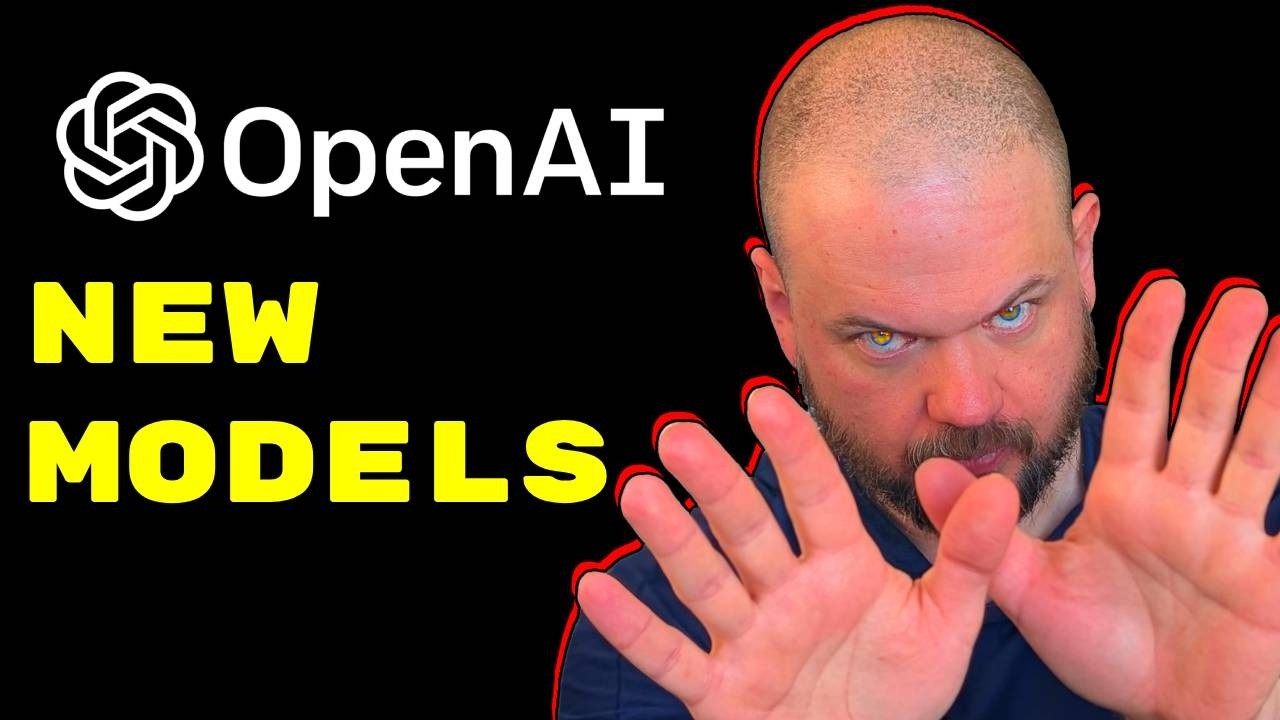OpenAI has launched two new AI models, O3 and O4 Mini, which significantly enhance capabilities in image reasoning, web searching, and generating comprehensive reports, demonstrating a qualitative leap in AI technology. These models excel in software engineering, advanced reasoning tasks, and personalized user engagement, while also introducing Codeex, an interface for interactive coding experiences, and a $1 million initiative to support open-source projects.
OpenAI has recently announced the release of two new AI models, O3 and O4 Mini, which are significant upgrades from their predecessors, O1 and O3 Mini. These models are being referred to as “AI systems” due to their advanced capabilities, including strong image reasoning, web searching, and the ability to generate comprehensive reports. The team at OpenAI, including Greg Brockman and Mark Chen, emphasized that these models are not just improvements in performance but represent a qualitative leap forward in AI technology, capable of producing novel ideas and solutions in various fields, including law and science.
The O3 model has demonstrated impressive capabilities in software engineering, outperforming even some of the OpenAI researchers in navigating complex codebases. The integration of tool usage into the models allows them to solve complex problems more effectively, akin to how humans might use calculators or navigation apps. The models have been tested against rigorous benchmarks, achieving state-of-the-art results in various domains, including math and coding competitions. The ability to manipulate images and perform advanced reasoning tasks further enhances their utility in real-world applications.
During the demonstration, researchers showcased the O3 model’s ability to analyze a physics poster and search for recent literature to provide updated estimates on a scientific quantity. This task, which would typically take a human researcher considerable time, was completed by the model in seconds, highlighting its efficiency and effectiveness. Another example involved the model synthesizing information based on personal interests, demonstrating its capacity to engage with users on a more personalized level while providing valuable insights.
The video also featured discussions on the training and evaluation of the new models, showcasing their performance on standard benchmarks. The O4 Mini model achieved remarkable scores in math contests and coding challenges, placing it among the top competitors globally. The researchers explained how the models organically learn to simplify solutions and double-check their answers, making them not only accurate but also reliable in their reasoning processes.
Finally, OpenAI introduced Codeex, a new interface that connects their models to users’ computers, allowing for more interactive coding experiences. This tool is designed to enhance programming workflows by enabling the models to execute commands and interact with codebases directly. OpenAI also announced a $1 million initiative to support open-source projects utilizing Codeex, further emphasizing their commitment to advancing AI technology for the benefit of all. The rollout of these models will begin for pro users, with broader access expected in the coming weeks, marking a significant step forward in OpenAI’s mission to develop beneficial AI systems.
